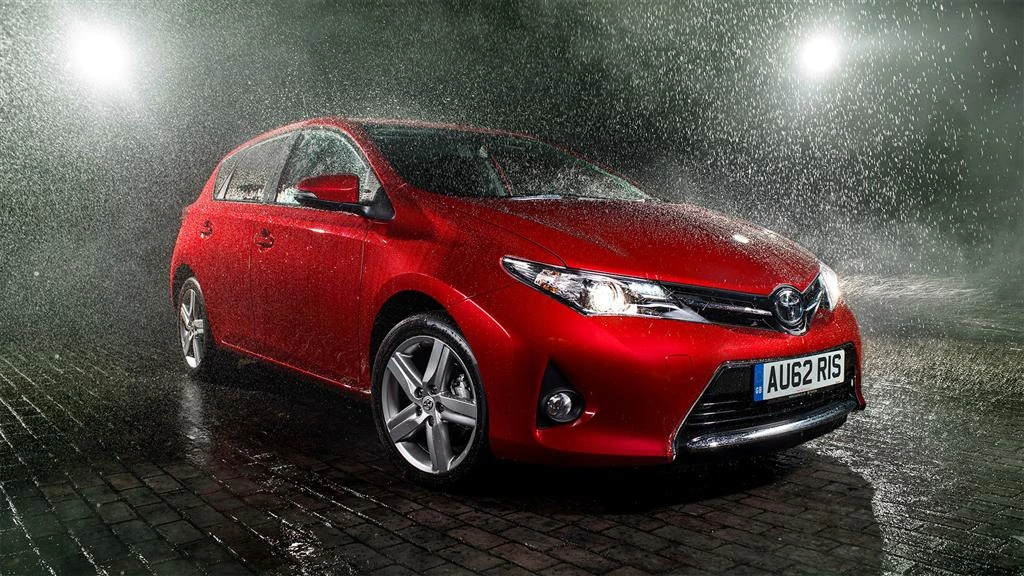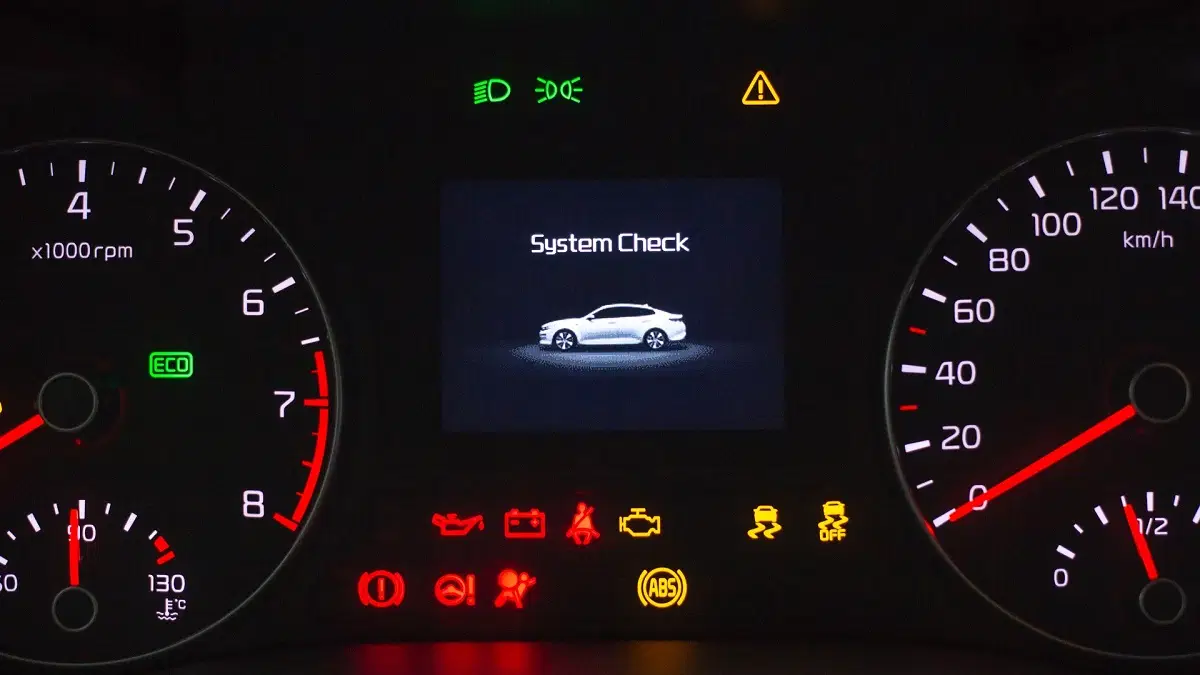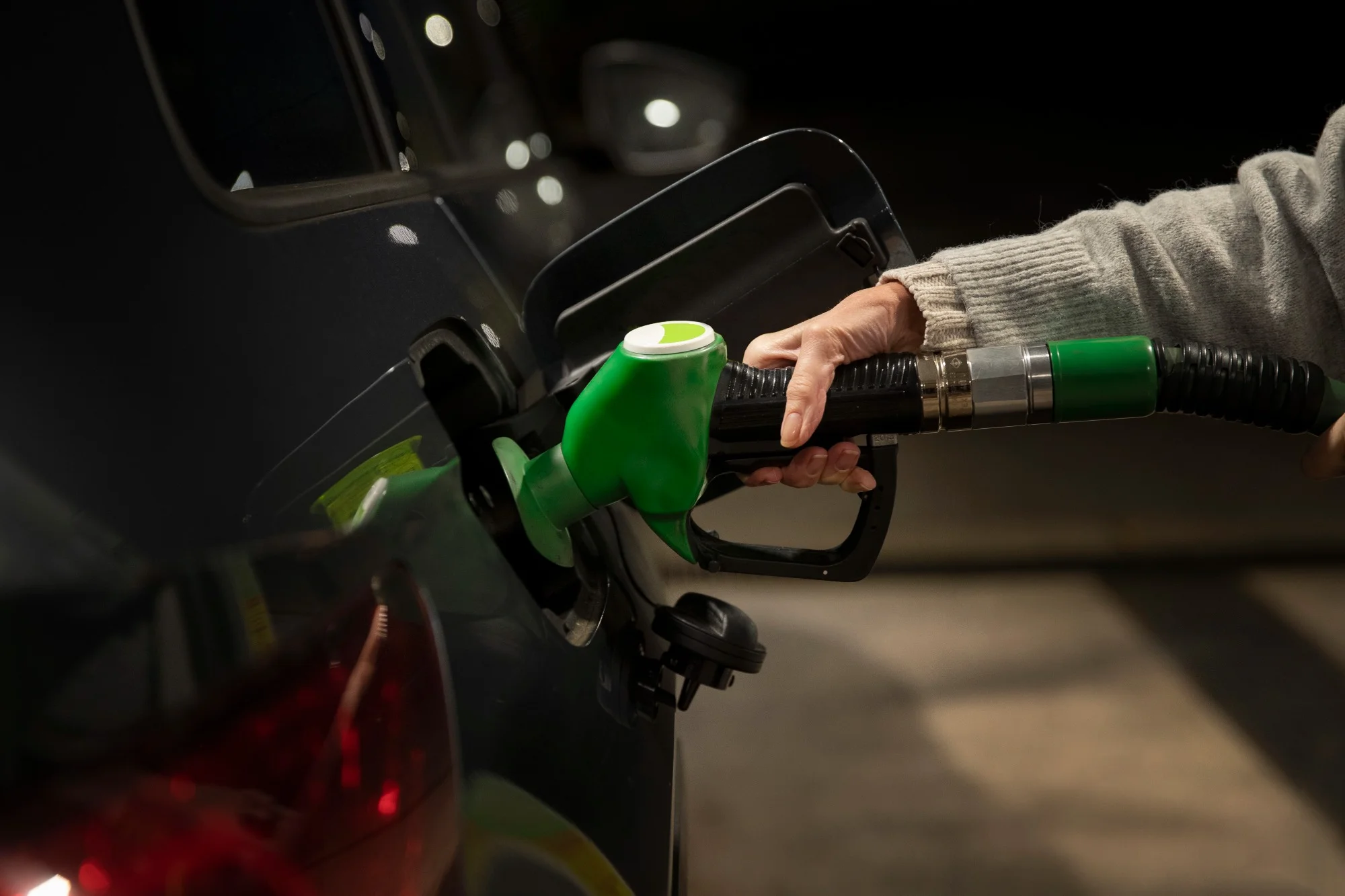
Table of Content
▼- 1. Water Ingress and Leakage
- 2. Corrosion and Oxidation
- 3. Short Circuits – A Hidden Danger
- 4. Malfunctioning Sensors
- 5. Ignition System Failures
- 6. Battery Issues in Monsoon
- 7. Infotainment and Dashboard Malfunctions
- 8. Headlight and Taillight Flickering
- 9. Fuse and Relay Failures
- 10. ABS and Brake System Warnings
- How to Protect Your Car’s Electrical System During Monsoon
- Final Thoughts
In a country like India, where the monsoon season brings torrential rains year after year, driving through flooded roads and parking in damp surroundings becomes a reality for most car owners. However, many fail to understand that the monsoon impact on car electrical system can be far more damaging than what’s visible on the surface.
Although contemporary automobiles have features to withstand normal weather conditions, exposure to moisture, rainwater and humidity can potentially damage even the most resilient electrical components in your vehicle. Everything from your electrical short circuiting to ignition failure, the monsoon can have a significant impact on your car’s performance and safety.
1. Water Ingress and Leakage
One of the most significant problems during the rainy season is leaks into areas of the vehicle that it shouldn't.
Water may infiltrate the engine bay, cabin compartments, fuse boxes, and more. In most instances, parts that are not water resistant (such as sensors, connectors, or ECUs) often get damaged. Even a small amount of floodwater entering through door seals or under the vehicle can quickly cause serious damage to important electronics and lead to expensive repairs.
2. Corrosion and Oxidation
Metal and moisture are never a good combination. During monsoon, the high levels of humidity and rain can speed up the corrosion process of your car’s electrical wiring and terminals.
- Rusting terminals and oxidized connectors reduce conductivity.
- This leads to weak or erratic performance of electrical systems.
- Over time, poor electrical contact can cause systems to fail without warning.
The monsoon impact on car electrical system becomes severe if corrosion is ignored, as it spreads quietly and gradually affects more areas of the wiring harness.
3. Short Circuits – A Hidden Danger
One of the main concerns during the monsoon season has to be short circuits. Rainwater or even just high humidity may cause moisture to build up within the important electrical components in the car.
- This is likely to cause short circuits to happen within the engine control unit (ECU), ignition system, sensors and dashboard circuits.
- A short circuit can disable your lights, cause your engine to stall, or worse—spark a fire if left unchecked.
A preventive check before and after heavy rains can go a long way in ensuring your car is protected from internal electrical disasters.
4. Malfunctioning Sensors
Modern vehicles are heavily reliant on sensors that control everything from engine performance to braking and window controls. Even minimal exposure to moisture can disrupt their accuracy and performance.
Water-logged or moisture-affected sensors may lead to:
- Incorrect engine readings
- ABS malfunction
- Traction control failure
- Central locking or power window issues
These sensor failures not only hamper performance but can also compromise your safety while driving in wet conditions.
5. Ignition System Failures
The ignition system—especially spark plugs and coils—is vulnerable to moisture damage. When water seeps into the ignition area:
- Spark plugs may misfire
- Engine may crank but fail to start
- Fuel combustion may become inefficient
This results in poor mileage, rough idling, and frequent breakdowns—common signs of the monsoon impact on car electrical system.
6. Battery Issues in Monsoon
Your car battery’s efficiency can drop significantly during rainy conditions. Battery terminals, when exposed to constant moisture, begin to corrode.
- Corroded terminals reduce voltage transfer.
- This leads to weak ignition or power loss to electrical accessories.
- Eventually, your car may refuse to start in the middle of your commute.
A quick battery inspection before the rains can prevent this hassle.
Also Read: Step-by-Step Guide to Indian Vehicle Registration (2025)
7. Infotainment and Dashboard Malfunctions
The infotainment system and dashboard buttons are often taken for granted until they stop working. Moisture can seep into the dashboard from leaky seals or poor ventilation.
- Touchscreens may become unresponsive
- Music systems and reverse cameras may malfunction
- AC controls and other buttons might stop reacting
This not only impacts convenience but also compromises essential functions like navigation or rearview assistance.
8. Headlight and Taillight Flickering
Ever noticed your car’s headlights fogging up during rains? That’s a clear sign of moisture ingress.
- Moisture inside headlights reduces beam intensity.
- Flickering taillights or indicators confuse other drivers.
- Water pooling inside light units can cause short circuits.
Driving in heavy rain with low visibility and flickering lights is extremely unsafe.
9. Fuse and Relay Failures
Fuses and relays are the unsung heroes of your vehicle’s electrical system. However, they’re just as vulnerable to moisture as other components.
- Damp fuses may blow prematurely
- Relays might stick or fail to activate the system they control
- Critical systems like windshield wipers, horn, or hazard lights may stop working
The solution lies in timely waterproofing and fuse box inspection.
10. ABS and Brake System Warnings
Your braking system, especially ABS (Anti-lock Braking System), relies on sensors and actuators. These can be affected during monsoon due to:
- Moisture in brake lines
- Sensor errors due to oxidation
- False ABS or brake warning lights
This can reduce the effectiveness of your brakes and increase stopping distance on wet roads—something no driver should ignore.
How to Protect Your Car’s Electrical System During Monsoon
Now that you're aware of the threats, here are smart solutions to protect your vehicle:
- Regular Maintenance
Ensure pre-monsoon servicing includes a thorough inspection of electrical systems like the battery, wiring, spark plugs, and sensors.
- Use of Waterproofing Products
Apply silicone sprays, waterproof electrical tape, or sealants to safeguard exposed terminals and connectors.
- Park Smartly
Avoid parking under trees, near drains, or in open flooded areas. Use a quality car cover during long rain spells.
- Avoid Waterlogged Roads
If unavoidable, drive through slowly and in lower gears to reduce splash exposure. Avoid starting a car that’s been submerged in water.
Final Thoughts
The monsoon impact on your car's electrical system poses real threats—and often considered downplayed. From small water leaks to outright system failure, moisture can cause serious damage to your vehicle if it's not noticeable. With preventative maintenance, routine inspections, and/or the help of a professional, your car can remain dependable while experiencing torrential rains.
For More Detail See This Video:
Karan Bhatia
Karan Bhatia is an automobile expert and reviewer with 8+ years of experience test-driving cars, bikes, and EVs. He provides honest, detailed, and practical reviews that highlight performance, design, safety, and value for money. His expert insights help readers make confident choices when buying their next vehicle.
_1771411501.webp)
_1770372474.webp)



